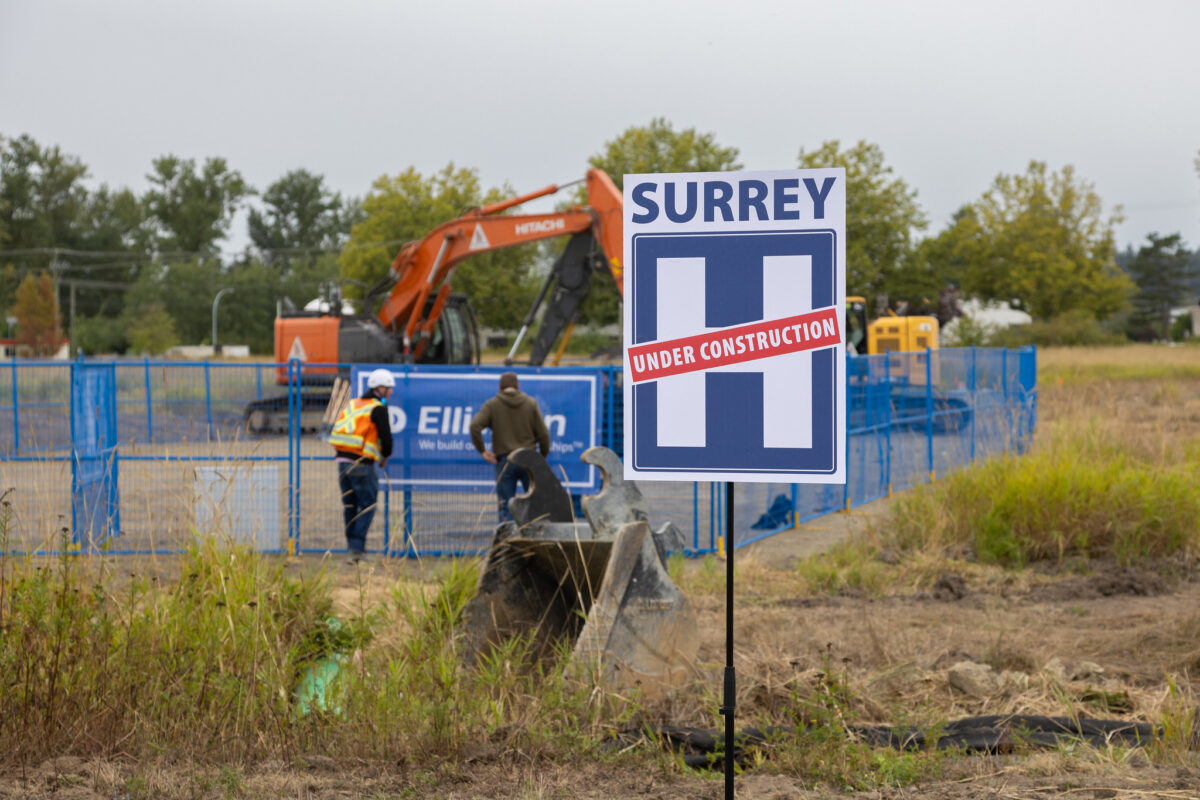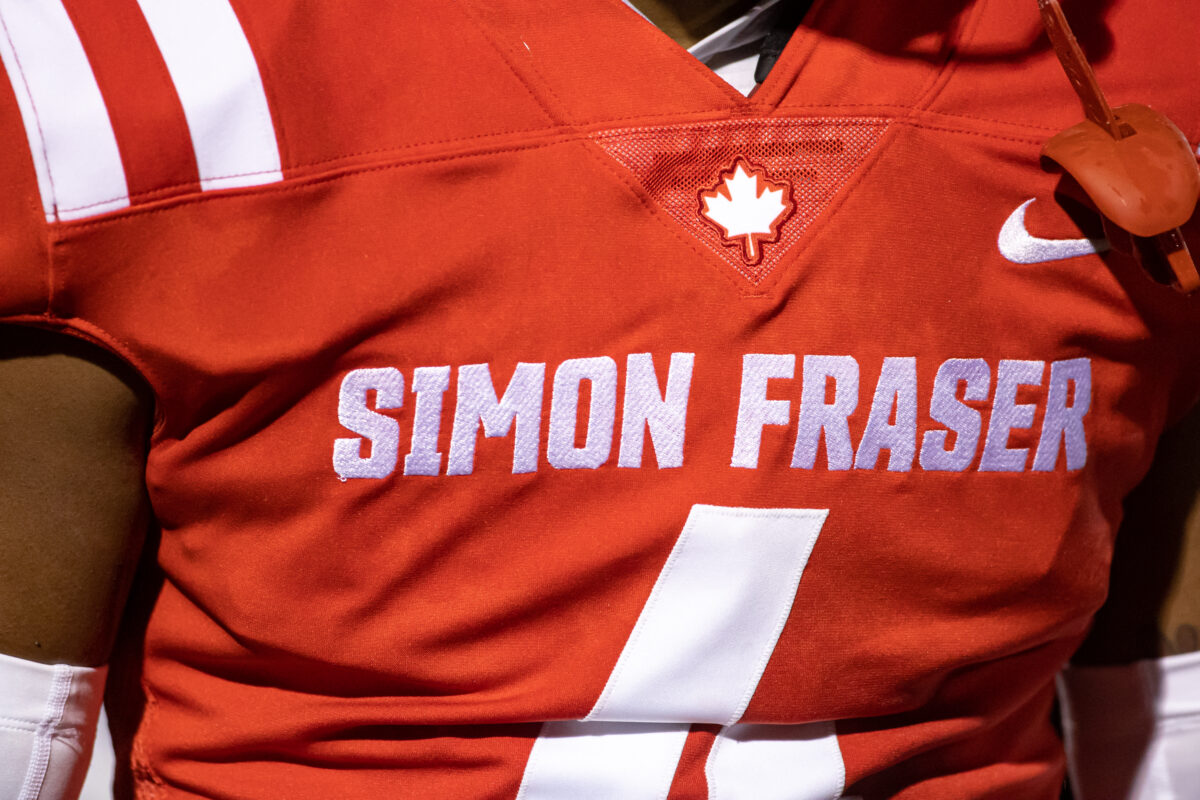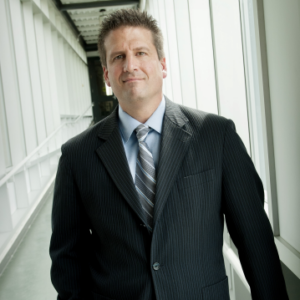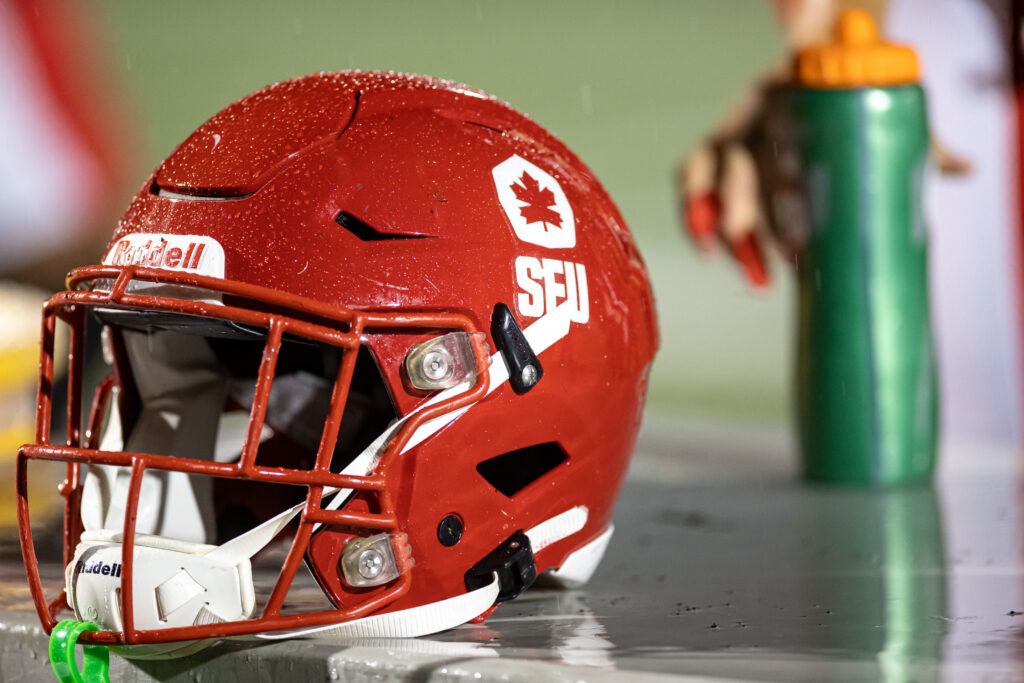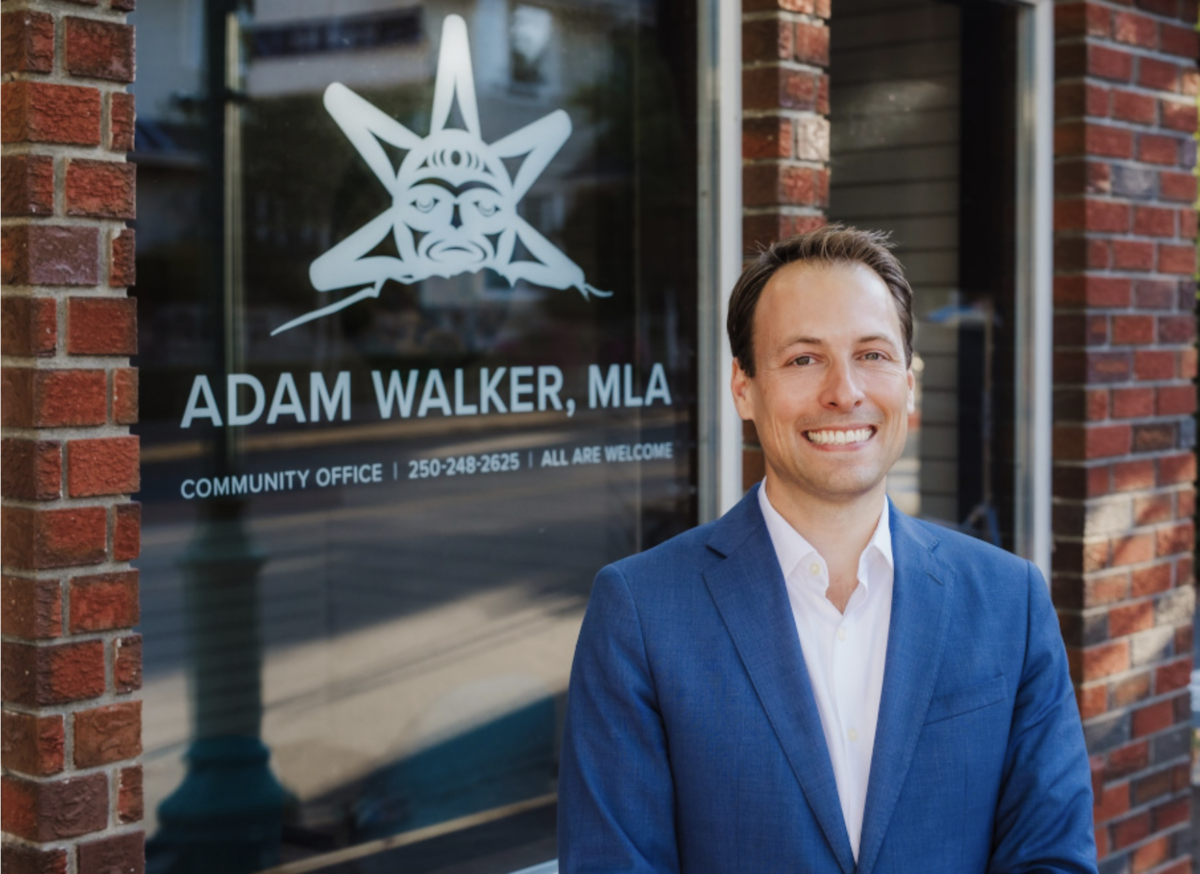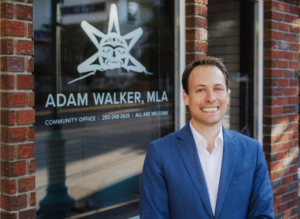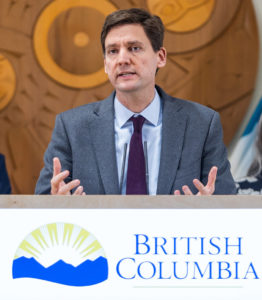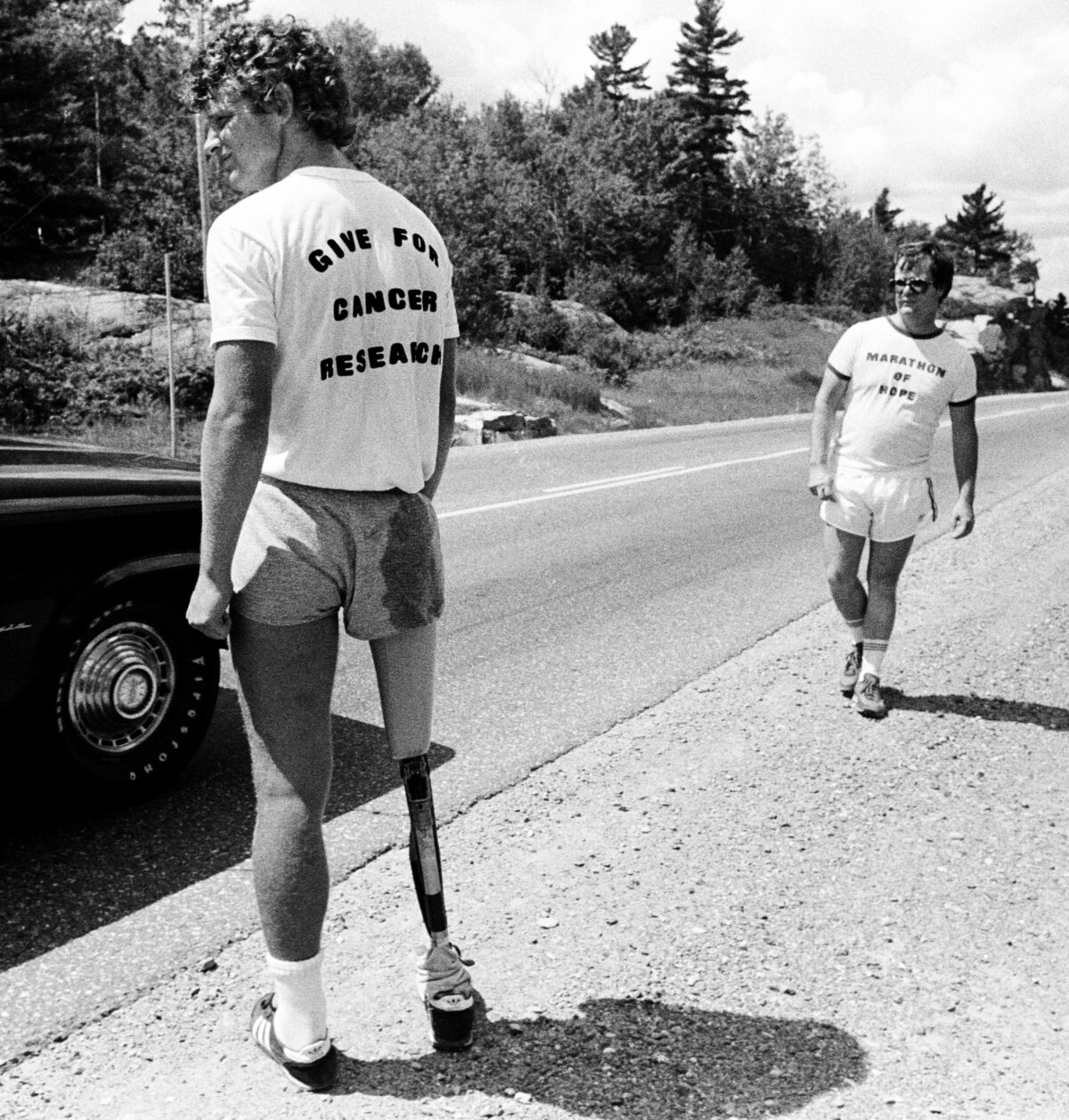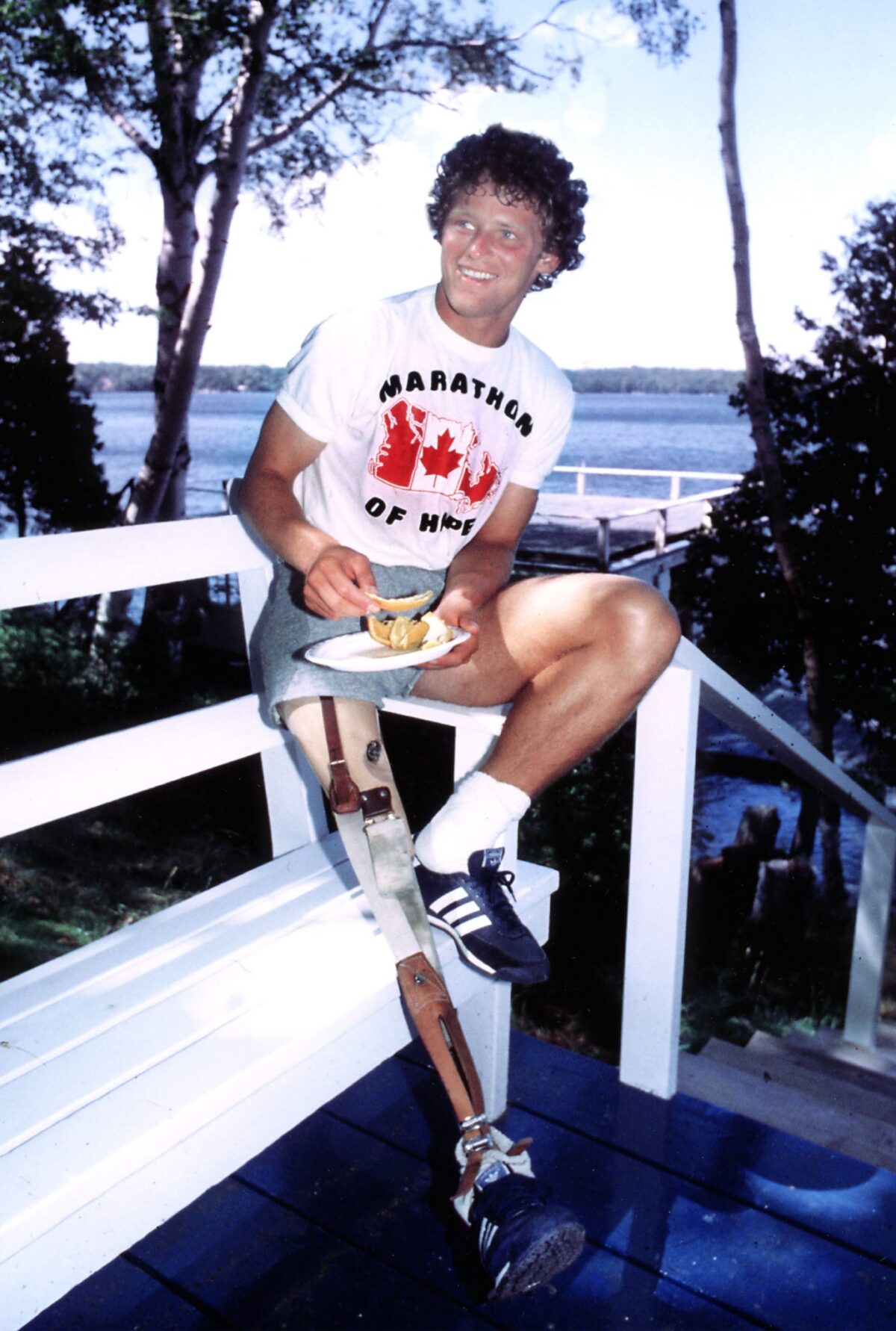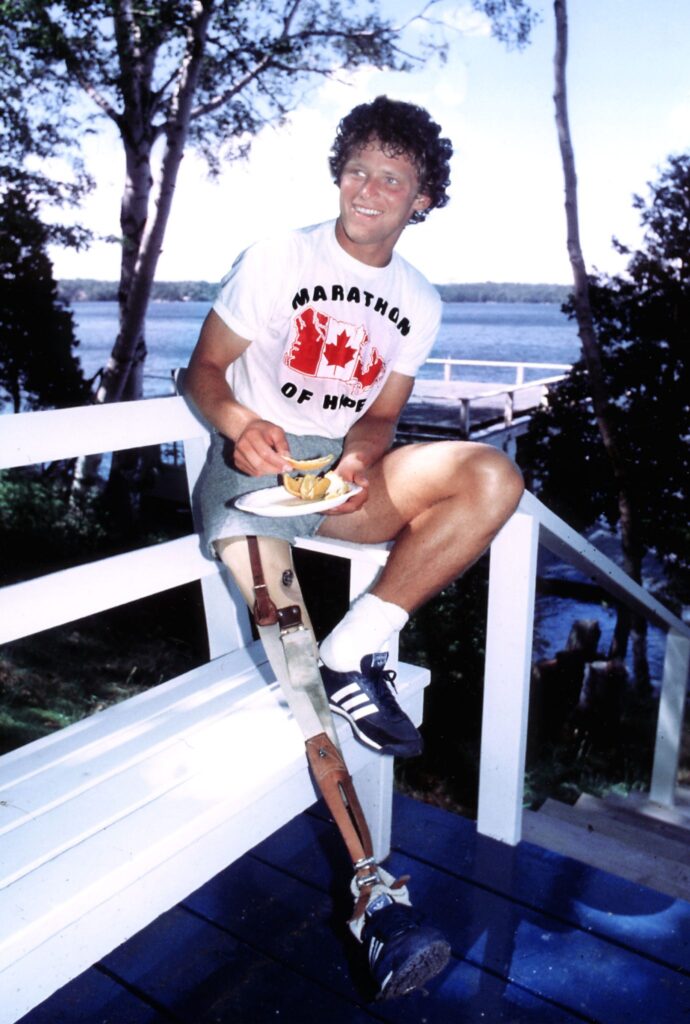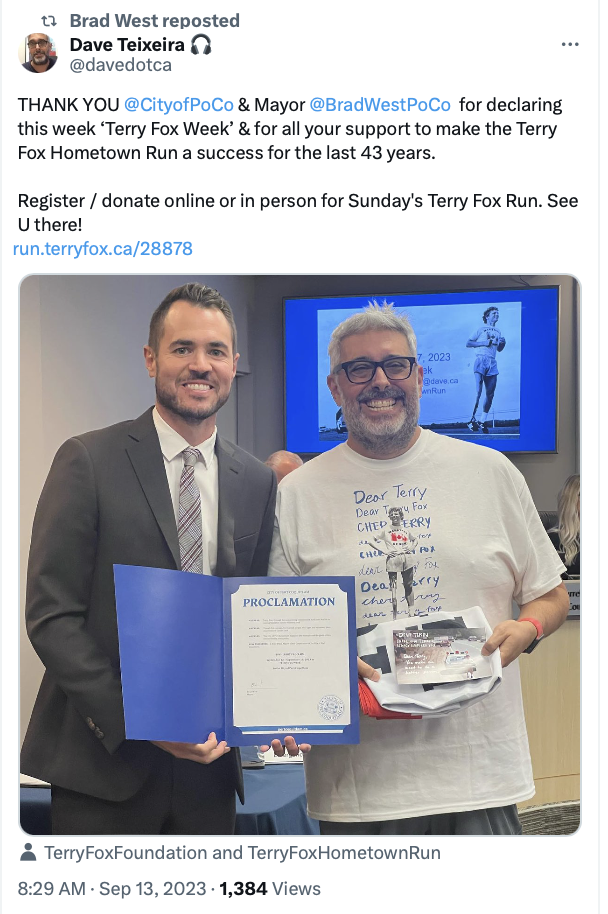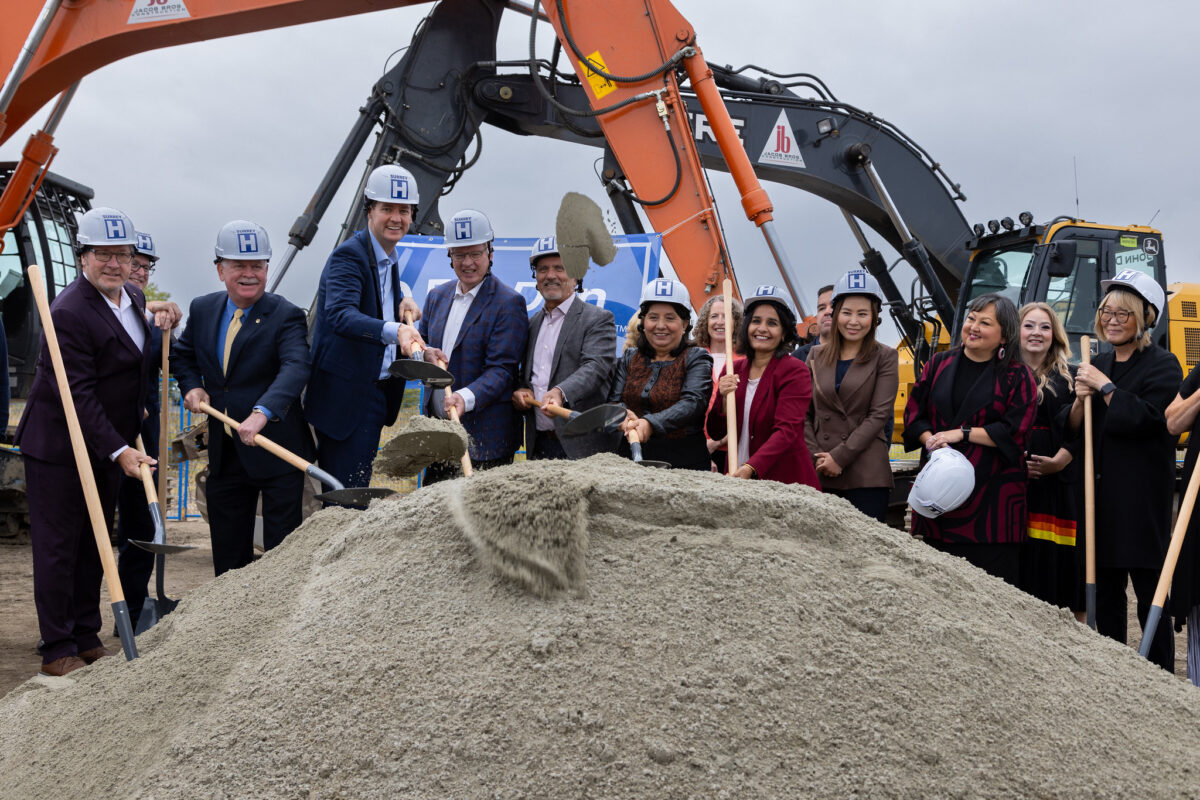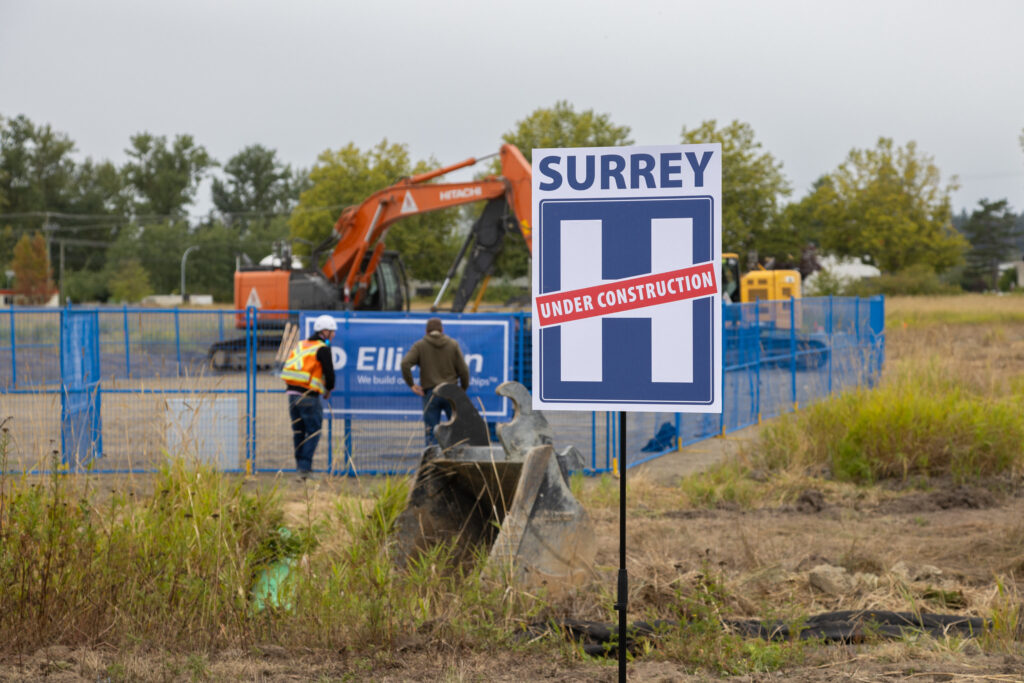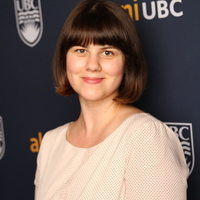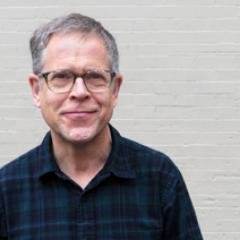Trudeau promoted Vancouver backbench MP with extensive tech and media share holdings to Canadian Heritage portfolio
Bob Mackin
One of the newest parliamentary secretaries appointed by Prime Minister Justin Trudeau could find himself very busy divesting from dozens of stocks he owns.
Vancouver Granville Liberal MP Taleeb Noormohamed was named parliamentary secretary to Canadian Heritage Minister Pascal St-Onge on Sept. 15.
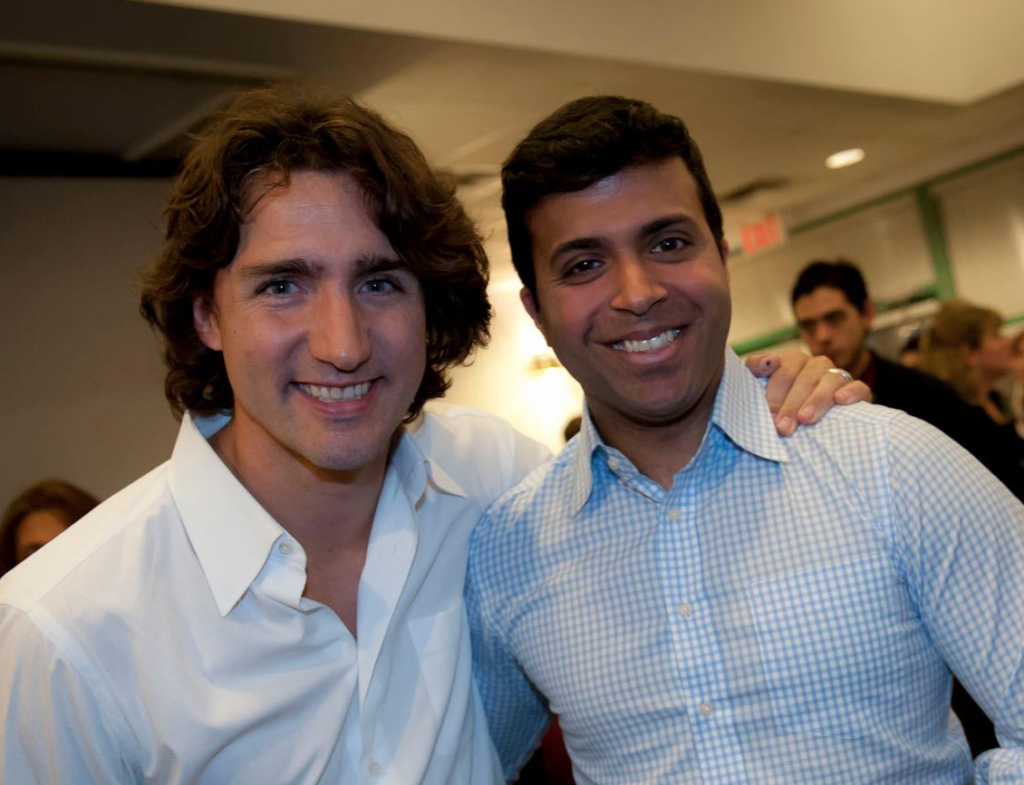
Taleeb Noormohamed with Justin Trudeau in 2011 (Vincent Chan/Facebook)
Among his 67 public company holdings, reported last month to the Office of the Conflict of Interest and Ethics Commissioner, are big tech and media companies that fall under the regulation of Canadian Heritage, including Alphabet Inc., Amazon.com Inc., Apple Inc., Comcast Corp., Meta Platforms Inc., Microsoft Corp., Netflix Inc. and Telus Corp.
Meta blocked Canadian news on Facebook and Instagram earlier this summer in protest of the Liberal government’s Bill C-18, the Online News Act which would impose a tax on news links.
But, an independent watchdog said Noormohamed could simply wrap them all into a blind trust and still be within the law.
“As parliamentary secretary, he is not allowed to own stocks directly. No members of cabinet are, nor cabinet staff and or deputy ministers and assistant ministers and associate deputy ministers,” said Duff Conacher, co-founder of DemocracyWatch.
But, Conacher called a blind trust a “charade,” because top elected and appointed officials could simply shift their holdings into the convenient misnomer.
“There’s no such thing as a blind trust, because you know what you put in the trust,” Conacher said. “The trustee may sell it, but you can give instructions to the trustee.”
Neither Noormohamed nor a spokesperson for St-Onge responded for comment.
Under Part II of the Conflict of Interest Act, public office holders, including parliamentary secretaries, must recuse from discussions, debates or votes where they would be in a conflict of interest; file confidential disclosure reports detailing assets, liabilities, income and gifts received; file public declarations detailing certain kinds of assets, liabilities, and gifts received; and divest certain kinds of assets—such as publicly traded shares—by selling them at arm’s length or putting them in a blind trust.
Conacher said the way the rules are written it is legal for cabinet ministers, parliamentary secretaries and other inside officials to “have investments in companies that they make regulatory decisions about and, as a result, to profit from their decisions in secret, without any public disclosure.
“That is how much of a joke the Conflict of Interest Act is. It really should be called the almost impossible to be in a conflict of interest act.”
Noormohamed was sent to Ottawa by a slim 431-vote margin in the September 2021 election to succeed the retiring former Liberal Jody Wilson-Raybould. Noormohamed became embroiled in a surprisingly heated race with the NDP’s Anjali Appadurai, after Noormohamed’s real estate speculation became the dominant issue of the local campaign.
His Aug. 17 summary on the Office of the Conflict of Interest and Ethics Commissioner’s website mentions nominal interest in real estate developer Immeubles Q-Mont (II) Industrial Properties L.P., sole ownership of rental properties in Vancouver, sums owed under two loan agreements and a personal loan receivable from an unnamed individual, stock options in e-e-commerce company Farfetch Ltd., and undisclosed quantities of the cryptocurrencies bitcoin, ethereal and stacks.
Noormohamed’s stock portfolio is diversified, with shares in big pharma (AstraZeneca PLC ADR, Johnson and Johnson and Merck and Co.), beverages (Diageo Plc), retail (Home Depot Inc. and Walmart) and food (Doordash Inc., Mondelez International Inc., and Nestle).
One of the lower-profile investments is under the name Kraneshares CSO China Internet, an exchange traded fund that includes shares in Tencent Holdings Ltd., the parent company of the WeChat app.
Global Affairs Canada recently revealed that the Chinese government-controlled social media network was used for a disinformation campaign against Conservative MP Michael Chong.
Support theBreaker.news for as low as $2 a month on Patreon. Find out how. Click here.
Bob Mackin One of the newest parliamentary secretaries







